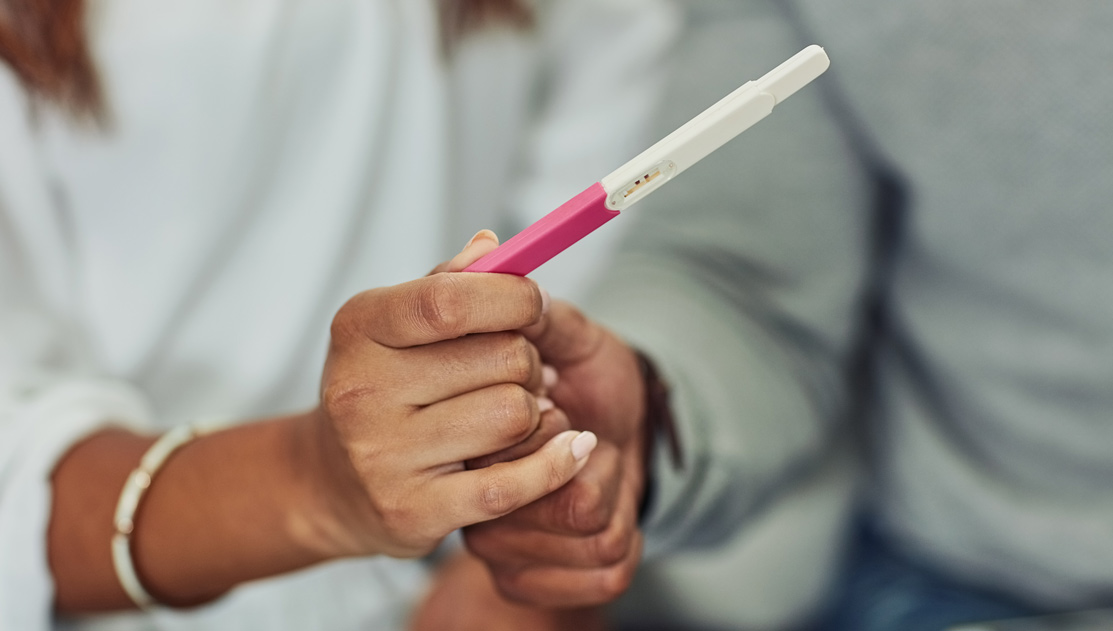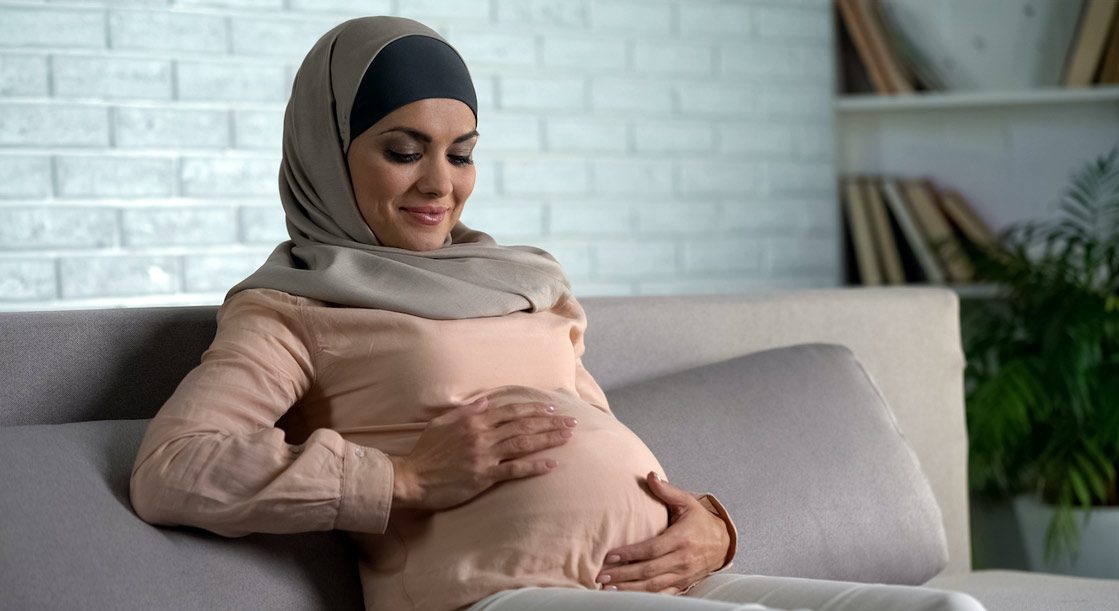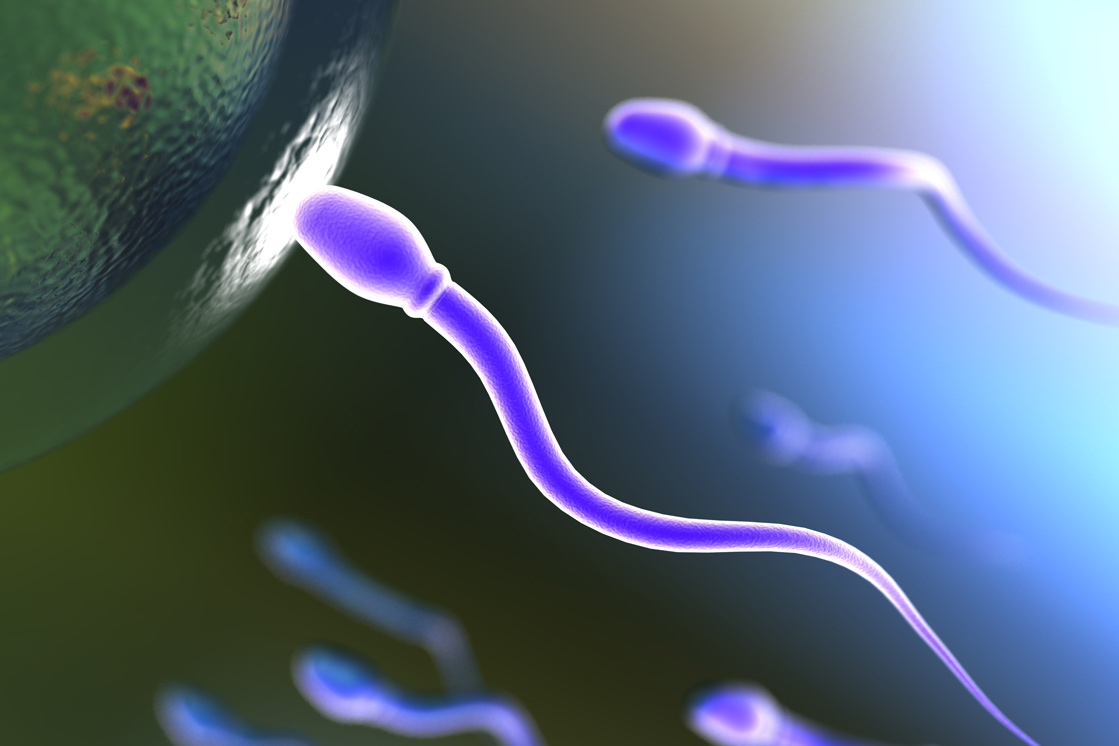If you have an autoimmune disorder, it feels as though your body works against you in a hundred ways.
It can be disorientating enough to live with a condition in which your own body attacks itself. But when it comes to autoimmune disorders and fertility, it can be further frustrating because you deserve parenthood just like anyone else but you may worry the condition could prevent it.
On the other hand, because autoimmune issues tend to be so underdiagnosed, you may rightly suspect you have an autoimmune problem but be without a diagnosis. You may be increasingly suspicious that there is an immune issue going on after unsuccessful attempts to get pregnant or carry a baby to term. In fact, here at The Fertility and Gynaecology Academy as experts in treating patients who have experienced recurrent miscarriage and repeated IVF failure at other clinics, we often work with people who did not even suspect they had an autoimmune problem until fertility became a concern.
As specialists in the immune system and fertility, at The Fertility and Gynaecology Academy we are often asked: Can you still get pregnant if you have autoimmune disease? How do autoimmune diseases affect fertility and pregnancy? Read on to learn more.
Autoimmune issues and fertility
An autoimmune disease is a condition whereby your immune system mistakes your body’s own healthy cells and tissues for foreign invaders and assaults them. Autoimmune conditions tend to create inflammation that can impact numerous different parts of the body, depending on which condition you have. Symptoms can vary in severity and come and go. Autoimmune problems are much more common in women.
More than 100 different autoimmune disorders have been identified. In addition, there are other conditions that also affect fertility and that, while not classified as autoimmune, share some causes and inflammatory biomarkers with autoimmune diseases (for example Polycystic Ovarian Syndrome – PCOS).
When it comes to autoimmune disorders and fertility, among the conditions known to affect fertility the most are systemic lupus erythematosus (lupus), antiphospholipid syndrome, multiple sclerosis, rheumatoid arthritis, type 1 diabetes mellitus and Hashimoto’s thyroiditis.
How do autoimmune diseases affect fertility and pregnancy?
“A woman’s reproductive system and her immune system have a fascinating relationship that science is still getting to grips with,” says Dr Amin Gorgy, Consultant at The Fertility and Gynaecology Academy. “Your clever immune system guards against foreign cells, attacking invaders such as viruses and even the body’s own cells if they become harmful.
“Pregnancy presents a biological conundrum: a woman’s immune system must simultaneously not attack the developing embryo (which is at least half-composed of foreign cells), whilst defending against infections and viruses that could disturb the embryo’s development. The placenta is technically not the mother’s tissue, it is the embryo’s – and for implantation and pregnancy to be successful, this foreign tissue must not be rejected.”
Autoimmune disorders and fertility have a troubled relationship. For starters, autoimmune diseases overwhelmingly affect women and their occurrence tends to peak during reproductive years. In fact, it is not uncommon for women to first become aware of autoimmune issues because of problems with fertility or pregnancy.
Autoimmune disorders can heighten the risk of pregnancy complications and adverse outcomes such as miscarriage, preeclampsia, gestational diabetes, intrauterine growth restriction, pre-term birth and low birthweight babies. Autoimmune diseases have also been associated with difficulties getting pregnant. In addition, women with autoimmune disorders are more likely to have other problems such as endometriosis which are well-established causes of infertility.
Autoimmune issues are a known risk factor for premature ovarian failure, which can compromise a woman’s chances of experiencing parenthood, especially if she needs to delay it. In these instances, if discovered in time, interventions like egg freezing can be helpful.
How does the immune system impact fertility?
Fertility can be compromised when the immune response impacts fertilisation, implantation, or development of the placenta. Reproductive immunology argues for example that natural killer cells, which work to protect the body from infected or diseased cells (e.g. cancerous cells) can exist in overly high levels in the womb or the bloodstream. They can then overprotect, attacking the embryo or interfering with the endocrine system that generates a woman’s essential pregnancy hormones.
Research has demonstrated that patients who have suffered repeated implantation failure are more likely to have autoantibodies in their blood than those who have enjoyed successful pregnancies with IVF treatment. Autoimmune disorders such as lupus have been shown to be associated with recurrent miscarriage.
However, many women now wondering about autoimmune disorders and fertility will not have actually been diagnosed. Many immune issues fly under the radar until a woman’s attempt(s) to get pregnant and carry a baby to term.
Autoimmune issues and fertility problems can also affect men. For example, some men develop anti-sperm antibodies following a testicular injury (e.g. after an infection or a biopsy).
If you are worried about autoimmune disorders and fertility, the good news is that there are things you can do. Read on to find out more.
Can you still get pregnant if you have autoimmune disease? What can you do about it?
Dr Gorgy says: “Yes, immune-related fertility issues frequently can be treated. But every situation will be somewhat different. Some cases are relatively straightforward. Others need more careful consideration. Responsible doctors should never make false promises. But what we can say is that here at The Fertility and Gynaecology Academy we have successfully delivered immune treatments to women and couples who had all but given up hope. After recurrent miscarriage and/or repeated IVF failure elsewhere, with the right treatment countless couples have been able to finally achieve their dream of a family.”
If you are concerned about autoimmune disorders and fertility, the best thing you can do is seek consultation with fertility experts who have a specialism in immune issues. They can provide a picture of where you are now and what you might need to do to get where you want to go. For example, when it comes to autoimmune disorders and fertility, some women suffer premature ovarian failure but some do not, so exacting fertility testing is advisable if you haven’t had it already.
There are also a range of immune treatments that can be helpful for autoimmune issues and fertility. For example, corticosteroids to suppress an overactive immune system, progesterone supplementation to counteract antiprogesterone antibody activity, Humira for reducing elevated levels of inflammatory cytokines (for example, TNFa), and much more. But it is incredibly important that any treatment for autoimmune disorders and fertility is precisely targeted and carefully delivered and monitored. Treatment should be delivered only after exacting immune testing.
You can read the HFEA view on reproductive immunology here.
Your fertility journey
If you are worried about autoimmune disorders and fertility, the important thing is not to despair but to discover and examine your options sooner rather than later. This is because, as we always say here at The Fertility and Gynaecology Academy, time is fertility. Age has great bearing on fertility whether you have an autoimmune disorder or not. But if you do have an autoimmune issue, you may need to take extra steps. Knowledge is power and the sooner you know what you’re facing, the better.
The same is true if you suspect there could be autoimmune issues but you don’t actually have a diagnosis. Here at The Fertility and Gynaecology Academy we have a lot of expertise in working with this patient cohort. We can run pinpointed testing to identify autoimmune issues and fertility problems, and then provide immune treatments if appropriate. You do not have to surrender to the idea that you must simply put up with infertility or that recurrent miscarriage is just ‘bad luck’.
The Fertility and Gynaecology Academy is one of the UK’s foremost fertility clinics treating autoimmune issues and fertility problems. We specialise in overcoming complex cases of recurrent miscarriage and recurrent failure through reproductive immunology.
To find out how we can help, call The Fertility and Gynaecology Academy now on 020 7224 1880 or email info@fertility-academy.co.uk.







